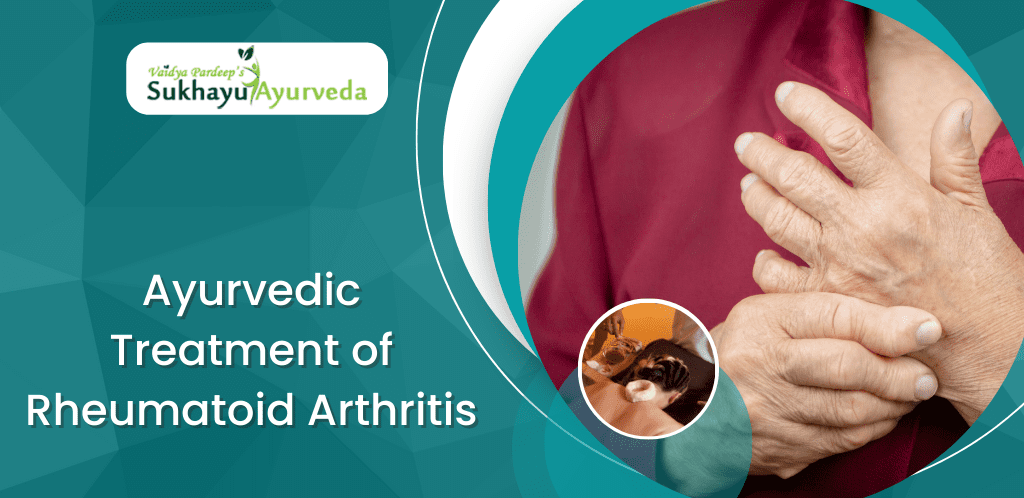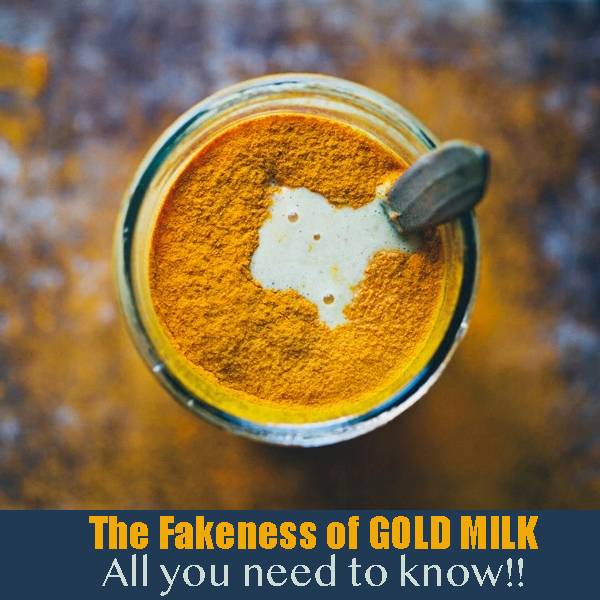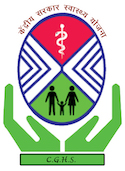Ayurvedic Treatment of Rheumatoid Arthritis

Rheumatoid arthritis is a systemic autoimmune disease that leads to joint destruction. RA affects 0.5-1% of the adult population in developed countries and up to 3% in developing countries. Rheumatoid arthritis is more common with age, occurring at peak incidence between 40 and 50 years of age, with women being about three times more likely than men to be affected. Rheumatoid arthritis is a chronic inflammatory disorder that leads to the destruction of both the cartilage and bone in the joints. The inflammation is caused by the body’s own immune system which mistakenly attacks the joints as if they were a foreign invader.
What Are the Symptoms of Rheumatoid Arthritis?
The symptoms of rheumatoid arthritis vary from person to person and can range from mild to severe. The most common symptoms include:
- Joint pain and stiffness, which is usually worse in the morning and after periods of rest
- Swollen, tender joints
- Reduced range of motion in the affected joints
- Fatigue
- Weight loss
- Fever
How is Rheumatoid Arthritis Diagnosed?
There is no single test that can be used to diagnose rheumatoid arthritis. Instead, a diagnosis is made based on a combination of symptoms, medical history, and physical examination. Some tests that may be used to help diagnose RA include
- Blood tests to measure levels of C-reactive protein, erythrocyte sedimentation rate, complete blood count (CBC), ANA titer
- X-rays to look for bone loss or joint damage, and
- Erythrocyte Sedimentation Rate(ESR)or C reactive protein(CRP).
What Are the Treatment Options for Rheumatoid Arthritis?
While there is no cure for rheumatoid arthritis, its symptoms can be treated. Treatment may include medication to reduce pain and inflammation; physical therapy; splints; lifestyle changes such as limiting activity levels; and joint replacement surgery in some severe cases. Medication is the main treatment for rheumatoid arthritis and can include:
- Non-steroidal anti-inflammatory drugs (NSAIDs) such as ibuprofen, celecoxib, naproxen, and diclofenac
- Steroids such as prednisone
- Disease-modifying antirheumatic drugs (DMARDs) such as methotrexate, sulfasalazine, and leflunomide
- Biologic response modifiers (BRMs) such as etanercept, adalimumab, infliximab, and abatacept
- Limitations of Conventional treatment of Rheumatoid Arthritis
- Conventional treatment for rheumatoid arthritis can be ineffective in some people. Conventional treatment also has significant side effects, which may limit its use or effectiveness. Side effects of medications include:
- Nausea
- Stomach upset
- Anemia – caused by methotrexate and sulfasalazine
- Inflammation of the pancreas (pancreatitis) – caused by NSAIDs; do not take NSAIDs while taking methotrexate because it can increase the risk of pancreatitis
- Liver damage caused by methotrexate, sulfasalazine, and leflunomide
- Pregnancy complications- due to Methotrexate, leflunomide
- Risk of infection-due to corticosteroids and biologic response modifiers
In some cases, surgery may be needed to replace a damaged joint. Joint replacement surgery is most commonly done for hips and knees, but can also be done for other joints in the body.
Ayurveda about Rheumatoid Arthritis
Ayurveda is a holistic system of medicine that considers the whole person, not just the individual symptoms. In Ayurveda, rheumatoid arthritis is considered to be a Vata disorder. Vata is one of the five elements in Ayurveda and is responsible for movement. When Vata is out of balance, it can lead to pain, stiffness, and inflammation. Ayurvedic treatments for rheumatoid arthritis aim to restore balance to Vata and help reduce inflammation and pain.
Ama is the root cause of rheumatoid arthritis, according to Ayurveda. Ama is a sticky, toxic substance that accumulates in the body when digestion is impaired. Ayurveda treatments aim to reduce Ama and help improve digestion. Ama blocks the absorption of nutrients and can lead to a deficiency of essential minerals and vitamins. This can aggravate the symptoms of rheumatoid arthritis.
Ayurvedic Treatments for Rheumatoid Arthritis
Panchakarma- A detoxification treatment that helps clear toxins from the body
Herbal Remedies- Herbal remedies are used to restore balance to Vata, reduce inflammation, and improve digestion
Massage- Massage helps to stimulate circulation and reduce pain and stiffness
Yoga and Meditation- Yoga and meditation help to reduce stress and restore balance to the body
There is no one-size-fits-all approach to Ayurvedic treatment for rheumatoid arthritis. The approach that is most effective for a particular person will depend on their individual symptoms and constitution. You need to set up an online Ayurveda consultation with Vaidya to make sure that you are getting proper treatment for your Rheumatoid Arthritis problem.















1 comment